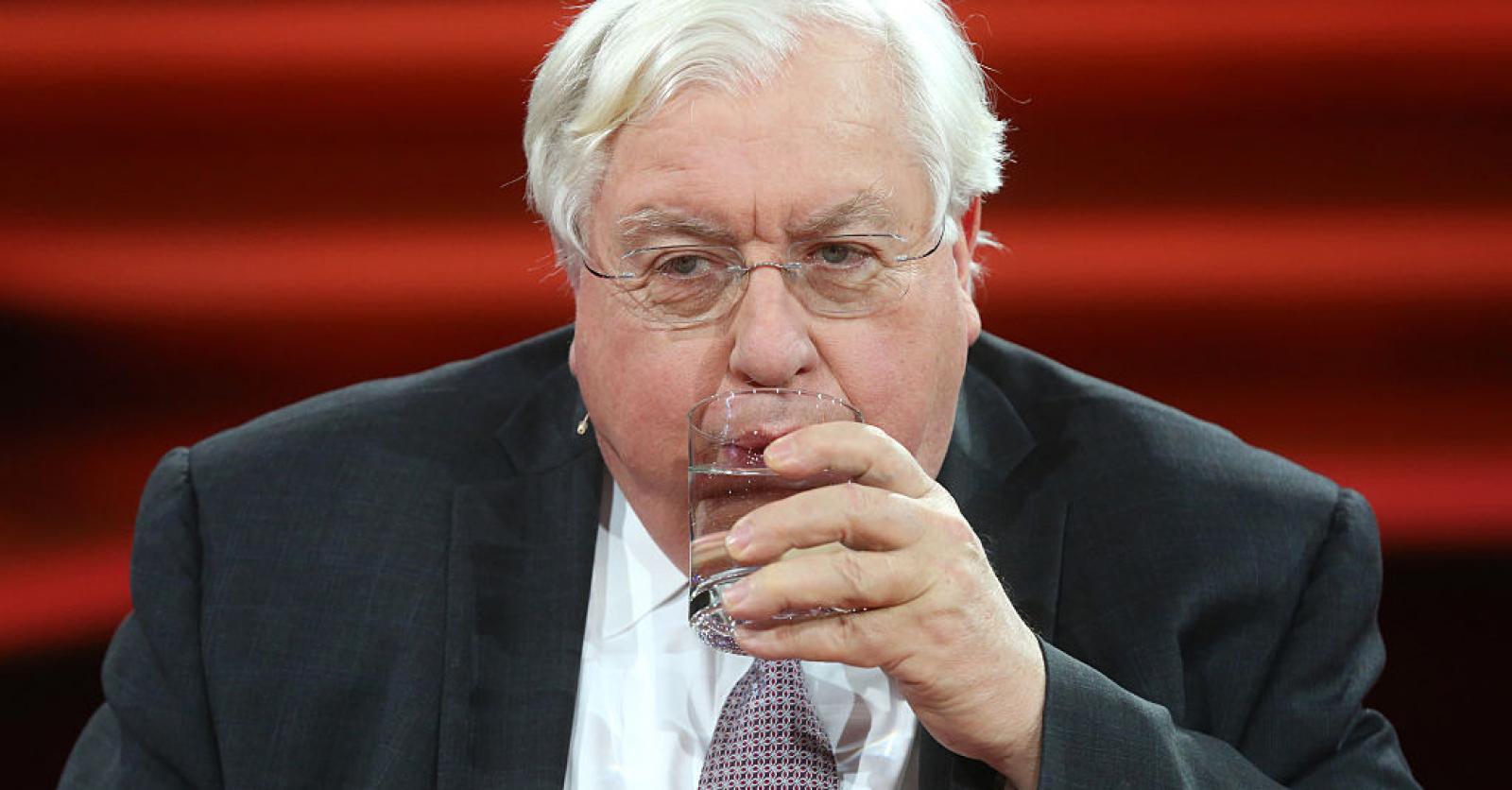With John Kornblum, the transatlantic community loses an active defender. The influential American ambassador died on December 22 in Nashville (Tennessee).
John Kornblum was born on February 6, 1943 in Detroit (Michigan). As an adult, he recognized the Great Lakes region of North America again in northern Germany and East Prussia, the country his grandparents had emigrated to in the late 19th century. This strengthened his interest and fascination with Germany. From the late 1960s he served first as a diplomat in Bonn, eventually becoming the United States (US) Ambassador in Berlin in 1997. While serving as US ambassador to West Berlin when Germany was still ununified, he played a decisive role in then-President Ronald Reagan's speech at the Wall on June 12, 1987. Reagan then addressed the Soviet Union's 'Big Boss' with the historic words: 'Mr. Gorbachev, tear down this wall!'
Dayton Agreement
After studying German and political science, he chose a diplomatic career. He ignored the advice of his teachers at the Diplomatic School to serve his country in Asia or Africa. It was Europe that fascinated him. As he said in an interview with Die Welt (January 31, 2023), he realized that the Old Continent would always be “at the center of American interests.” He was actively involved in the four-power pact in shared Berlin in 1972, the Conference on Security and Co-operation in Europe (CSCE) in 1975 and the famous Klinikker Brook, the largest intelligence exchange between East and West. As U.S. Special Envoy to Bosnia in West Berlin and Potsdam (GDR) on June 11, 1985, he helped lead the negotiations leading to the Dayton Agreement. With the signing of the Paris Agreement on December 14, 1995, the war in Bosnia ended.
Safety first!
The deal's outcome points to Kornblum's view of how the U.S. and Europe stand in an insecure world. In the aforementioned interview, he said that the European Union (EU), a self-proclaimed 'project of peace', puts peace before security. Americans primarily want to protect and defend their values and their freedoms. The 'soft power' that European policy makers pride themselves on in their foreign policy – promoting European values - works only in conjunction with the 'hard power' of the Americans at the economic and political-military level.
Kornblum spoke plainly: 'We Americans build our strategies starting with the defensive. When the Europeans are faced with someone who doesn't want peace, their strategy collapses. The same thing happened to Putin. His solution to the tensions within the transatlantic community (the US and Europe) lies in 'reconciling the differences between security and peace'. In other words, alignment of 'hard power' and 'soft power'. Both appoint each other without taking precedence over the other. You can replace Kornblum's words with the famous saying of the ancient Romans: 'C vis besum, para bellum.'
Counter structure
The American transatlantic lamented that the Germans were prevented by French reservations from coordinating European defense with NATO in the 1990s. Instead of planning their own counter-build against NATO, Kornblum said, the Europeans should have seen their objectives in “a general effort by Western society to draw closer to the United States.” The problem may be that Germany, like Russia, was for centuries 'outside the mainstream of European politics and culture'. This is a hidden hint Schaugelpolitik, Germany's swing between West and East. A fact noted by Konrad Adenauer who was the first chancellor of Germany Western Binding – Wanted to put an end to the integration of a federal republic with a society of Western structures and values.
Negotiations
His belief in the transatlantic community made Kornblum an advocate of a tough stance against Russia and China. In an opinion piece in Die Welt (September 13, 2023), he wrote: 'Let's stop manipulating China and Russia in the way they see the world. They are not our bargaining partners nor do they have the same vision of a rules-based order as we do. The latter may be true. Whether negotiations should be excluded by the definition is another matter. Except for the 'unconditional surrender' of World War II, there are no wars that end without negotiation.

“Passionate analyst. Thinker. Devoted twitter evangelist. Wannabe music specialist.”







More Stories
Cooperation between the US and China ensures more stable corporate finance – FM.nl
New US peace proposal for Gaza war ‘may be too smart for either side to say no’
Bitcoin weathers bankruptcy storm in US